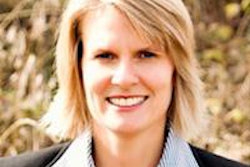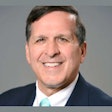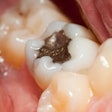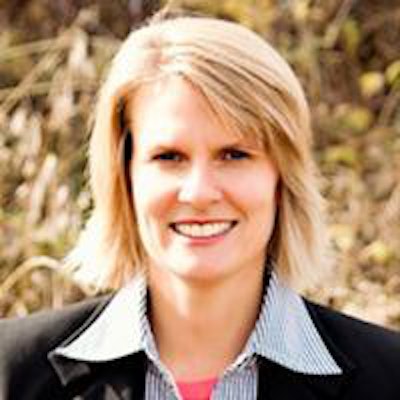
I think I know why dentists are accused of micromanaging. We do it!
First, however, it's actually in the form of microlearning, as in when we do not know how to manage our businesses. I will be the first to admit how much I learned from the office receptionist when I purchased my first practice. She taught me all sorts of things about recare systems, balancing books, and computer operations. I knew nothing about these things; yet, I knew I had to learn about them quickly. I was in her space every moment I was not working on a patient. I am sure she thought I was way too involved with her work -- even checking up on her.
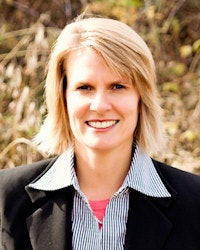 Lisa Knowles, DDS.
Lisa Knowles, DDS.She soon figured out I was not trying to do her job; rather I was trying to learn her job. Before I could manage or lead an organization, I first had to figure out what was working and how current systems functioned.
I asked my receptionist many, many questions. I asked her to write down her systems and create binders full of how-to manuals. This is how our succession plan started. I searched everywhere for a manual from the previous dentist. I never found one. The needed information was all well-documented in the brain of this particular receptionist. She knew everything, and no one else knew anything about the day-to-day operations of the practice. This was a terrifying discovery as the new owner-dentist.
The "what if" monster ignited within me, and I envisioned all kinds of scenarios occurring before this team member downloaded all the precious data stored in her head. Succession planning became our No. 1 priority; we worked many, long hours creating policy and procedure manuals to help the remaining team members survive in the event of an emergency.
Fortunately, we did not have to use the manual emergently, but we did have to use it when this gem of a team member retired and when one of us forgot what we agreed to as a policy. Had we not written things down, all of that vital information would have been lost.
Why we should have manuals
If you haven't noticed, some employees do not stay in their jobs for 40 years like baby boomers used to do. People are more mobile and move to find work or move to help a spouse or partner advance in their careers. Therefore, succession planning is essential for a practice's long-term success.
“Before I could manage or lead an organization, I first had to figure out what was working and how current systems functioned.”
Once I felt comfortable with the daily operations of the practice, and we had policies and procedures written down, I relaxed. I no longer fretted about the loss of an employee as much as I did prior to the creation of our written operations manual.
The office policy and procedures manual became a safety net for any unknown task at hand; it was especially helpful when a key player was sick, on vacation, or decided to quit unexpectedly. Although no one wants someone to leave or quit, at least a template existed to guide the remaining team members through the processes of the practice. A team without a policies manual will find increased stress and disheveled patient care in the event of a staff changeover.
As policies changed and our team members changed, so did our manual. Updating the manual became an ongoing ritual. I cannot say it was a pleasant one, but it was necessary for the long-term success of our practice. When I consult with practices, I make it a must-have.
Let go
After a system for the creation and maintenance of a policy manual is in place, it is time to let go. As dentists, we have a tendency to seek out control of every part of a working system. We are perfectionists living in an imperfect world; we see smaller details than most; we are used to controlling the situation; we will do almost anything to succeed because we are driven, goal-oriented people.
Yet, for a team to function effectively, we must let go of some of the day-to-day operations. We must trust our team. We must trust our systems in place. We must stop micromanaging.
At first, microlearning is a necessity, and it can be confused with micromanaging, but once people and systems are in place, it's time to back away from the daily minutiae and focus on the big picture operations of the practice.
In her next column, Dr. Knowles will focus on these big picture tasks and how to balance between total control and a laissez-faire leadership style.
Lisa Knowles, DDS, is the founder and CEO of IntentionalDental Consulting. For more information, contact her at [email protected] or 517-331-3688. Visit her blog site at Beyond32Teeth.com or website at IntentionalDental.com.
The comments and observations expressed herein do not necessarily reflect the opinions of DrBicuspid.com, nor should they be construed as an endorsement or admonishment of any particular idea, vendor, or organization.




